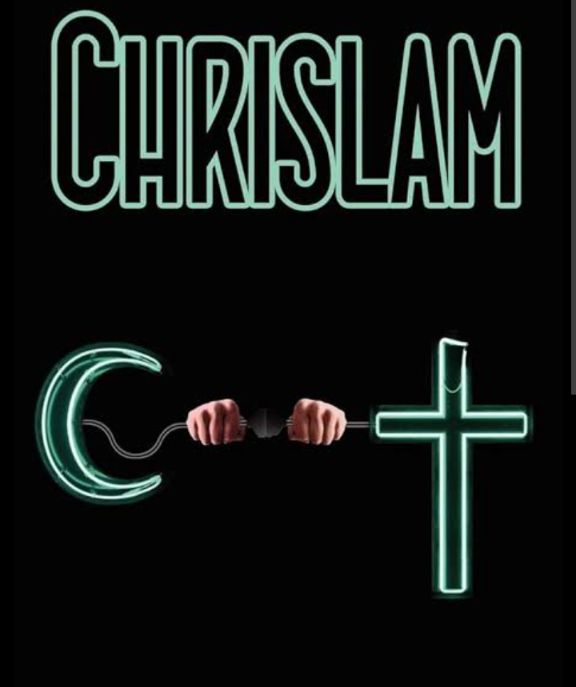Written by: Abdulhakeem Idris Waziri
Chrislam is a unique religious movement that emerged in Nigeria, blending elements of Christianity and Islam into a cohesive practice. This movement began in the 1970s in Lagos, Nigeria, spearheaded by the Yoruba people in the southwest region. Chrislam challenges the traditional boundaries between Islam and Christianity by emphasizing their commonalities and fostering an inclusive union.
Nigeria, Africa’s most populous country with a population of over 200 million, is religiously divided, with Muslims primarily in the North and Christians in the South. Despite periods of sectarian violence, the two religious communities have also experienced long periods of peaceful coexistence.
Chrislam remains relatively small, mainly concentrated in Lagos, and has garnered limited academic attention. However, notable scholars such as Dr. Marloes Janson, Birgit Meyer, Mustapha Bello, and Professor Corey L. Williams have studied the movement. Janson describes Chrislam as an “assemblage” of religious practices, highlighting the belief that adhering to just one religion is insufficient for success in this life and the afterlife. Consequently, Chrislam incorporates practices from both religions, representing a unique phenomenon that reflects Nigeria’s religious divisions and history of interfaith conflict.
The roots of Chrislam lie in Yorubaland, a culturally rich region spanning southwest Nigeria, the Republic of Benin, and central Togo. Known for its cultural unity and tolerance, Yorubaland is home to major ethnic groups such as the Yorùbá, Aja, and Ìbààbá. According to Professor D. Laitin, the Yoruba people prioritize their ethnic identity over religious affiliation, which facilitates the coexistence and religious blending observed in Chrislam. This ethnic cohesion has allowed Chrislam to thrive as a distinctly Yoruba phenomenon, where shared ethnicity enables the integration of religious practices while maintaining distinct cultural identities.
Chrislam is a fascinating and unique religious movement that reflects the complex interplay of religion and ethnicity in Nigeria. By blending elements of Christianity and Islam, it challenges traditional religious boundaries and fosters a spirit of inclusivity and unity among its followers.



